Gym Accessories
Below we discuss why, how and when to use gym accessories. It is always best to do your research when looking to add certain equipment to your workout as each accessory has its own use and can result in negative effects or injuries when used incorrectly.
Why use them?
To prevent loosing form and from the bar slipping out of your grip when doing certain exercises. Their purpose is to keep your grip strong and secure around the bar.
When to use them?
If you struggle with your grip on certain equipment or exercises then lifting straps are for you, even if its just on your final sets then lifting straps will be a great help.
Straps are only helpful for lifting when gravity is working against you, more so for pull exercises rather than push.
How to use them?
Put the end of the straps through the loops to create a circle for your hand to go through. Put the hand through so they sit on your wrists and pull tight. Wrap the rest of the strap around the bar so the end of the strap is held under your grip on the bar.
Why use them?
Gloves have 3 benefits, preventing callouses, easier grip on the bar and they can protect your wrists. If you don’t want to get callouses when lifting weights, gloves can help prevent getting them, when your hands get sweaty this is not transferred to the bar ensuring your grip is not lost and finally, gloves are able to wrap tightly around your wrists to provide relief from the pressure of the bar and weights.
When to use them?
You do not need to use them all the time just use them when you definitely need them, if your hands are injured, if you have poor grip strength, excessive sweating from the hands or you deal with eczema. If you are wanting to go heavier but your grip strength isn’t quite there yet, try using gloves to get used to the weight and then try without.
How to use them?
Slide the gloves on, ensure they are the right fit for your hand and securely them tightly around the wrist. Don’t use them when its unnecessary and try to alternate, use them and then leave them to one side and so on.
Why use them?
They provide your wrists with support, if you are feeling weak and want to still workout without comprising the amount of weight your moving then the wraps will help you. Your wrists will feel fatigued before the rest of your body so wrist wraps will allow you to continue training.
When to use them?
You can use them for both push and press and exercises, essentially when your wrist is straight. When your wrists start to feel fatigued during those exercises is when it is best to use them. Avoid use them when warming up, make sure you know what your wrists can handle on their own.
How to use them?
Wrist wraps can be used on either hand, there is no right and left. Have your hand palm facing upwards, put your thumb through the loop hole, and start wrapping the strap around your wrist to the right on your left hand and to left on your right hand, ensure the velcro is facing outwards. The wrist wrap should not spiral down your arm, wrap around the same point and make sure they are not sitting too low down your wrist.
Why use them?
They help to protect users from injury, they can increase intra-abdominal pressure to help stabilise your spine when your lifting heavy loads. When lifting your max loads the belt reduces the stress put on your lower back when in an upright position and prevents back hyperextension when carrying out overhead lifts.
When to use them?
When performing heavy powerlifting exercises like deadlifts and squats is when it is best to use a lifting belt. If you’re not doing these type of exercises then you do not need a belt. Don’t use a belt when you’re lifting loads that you can easily support, only use a belt when going heavy.
How to use them?
Ensure the belt is positioned and tightened correctly, you don’t want it too loose and not too tight as this will work against you. Place the belt so it covers the majority of your abdominals and erectors, around an inch or two above your pelvis. Your belt should be tight enough that you can't put your hand between the belt and your skin, yet you should be able to expand your torso when taking a deep breath in, it’s a wall for your abs to push against and helps stabilise your spine.
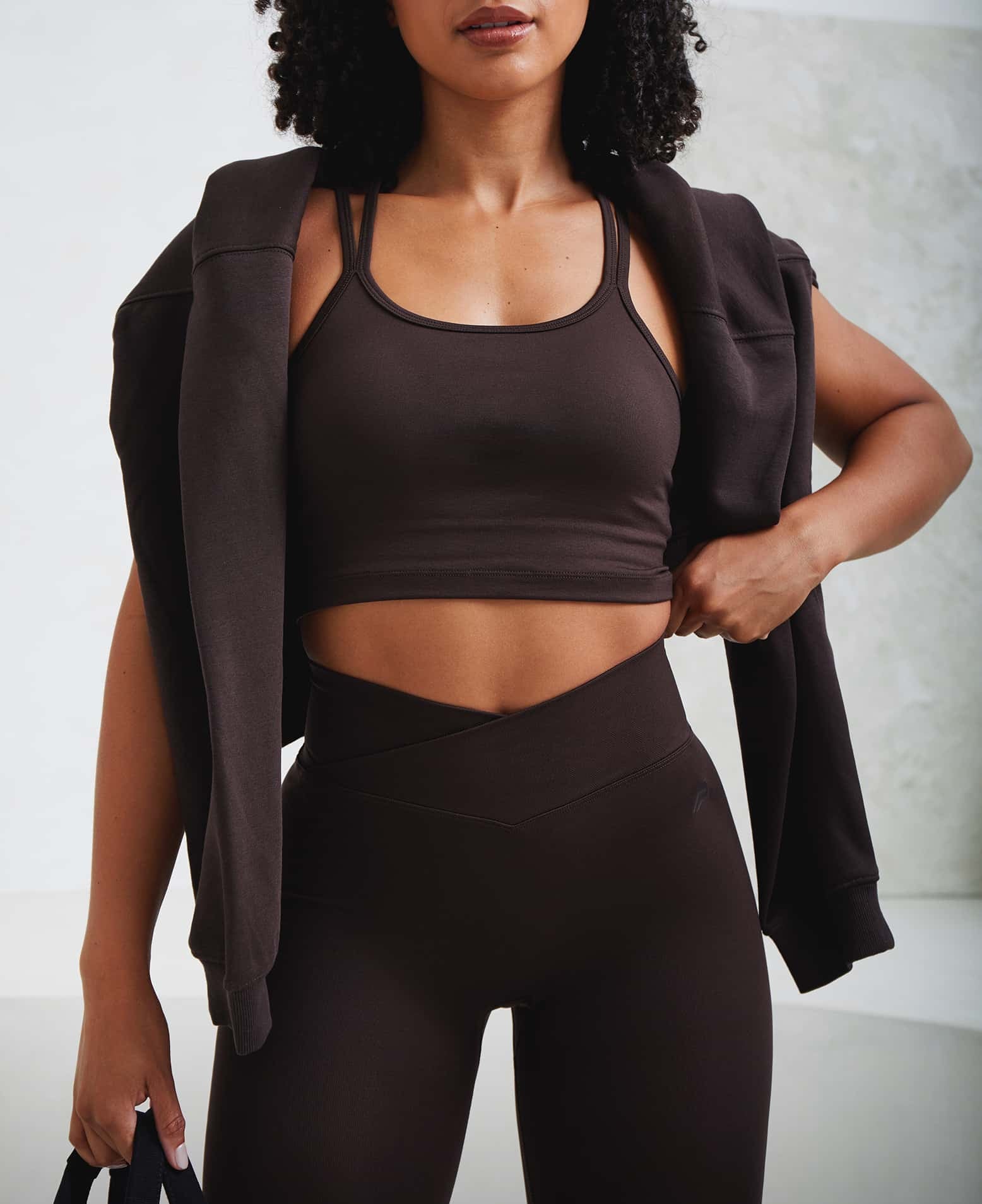
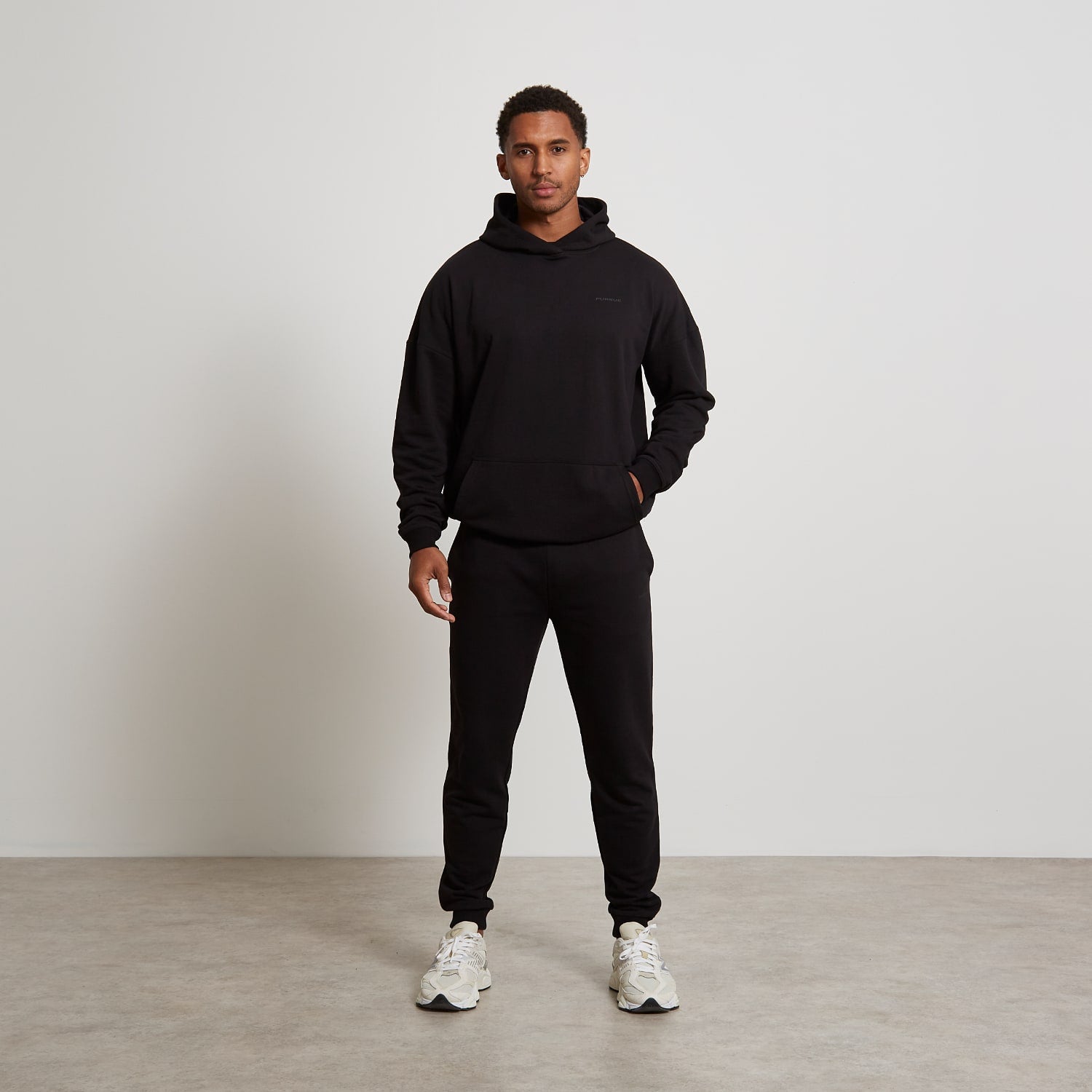

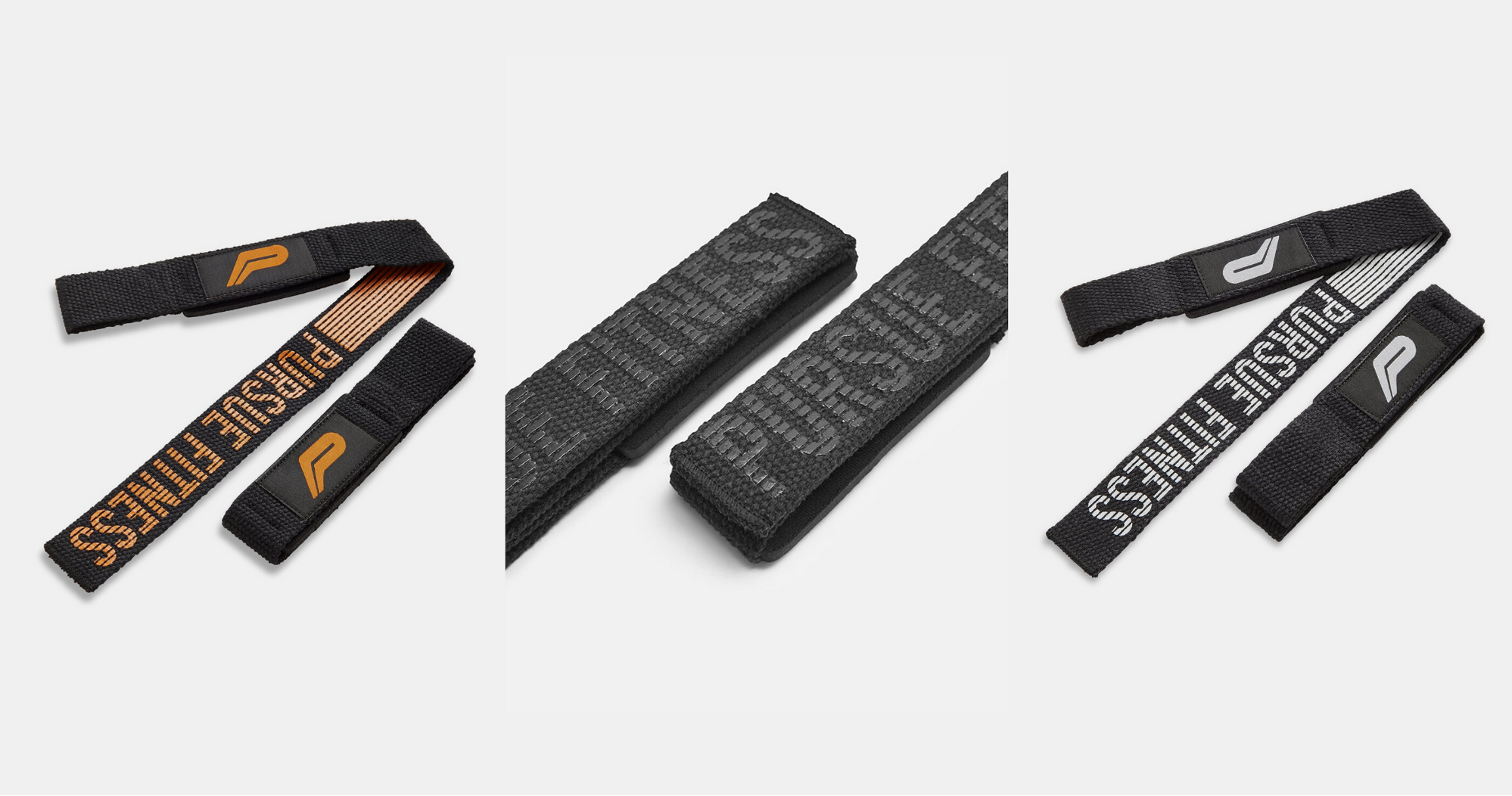
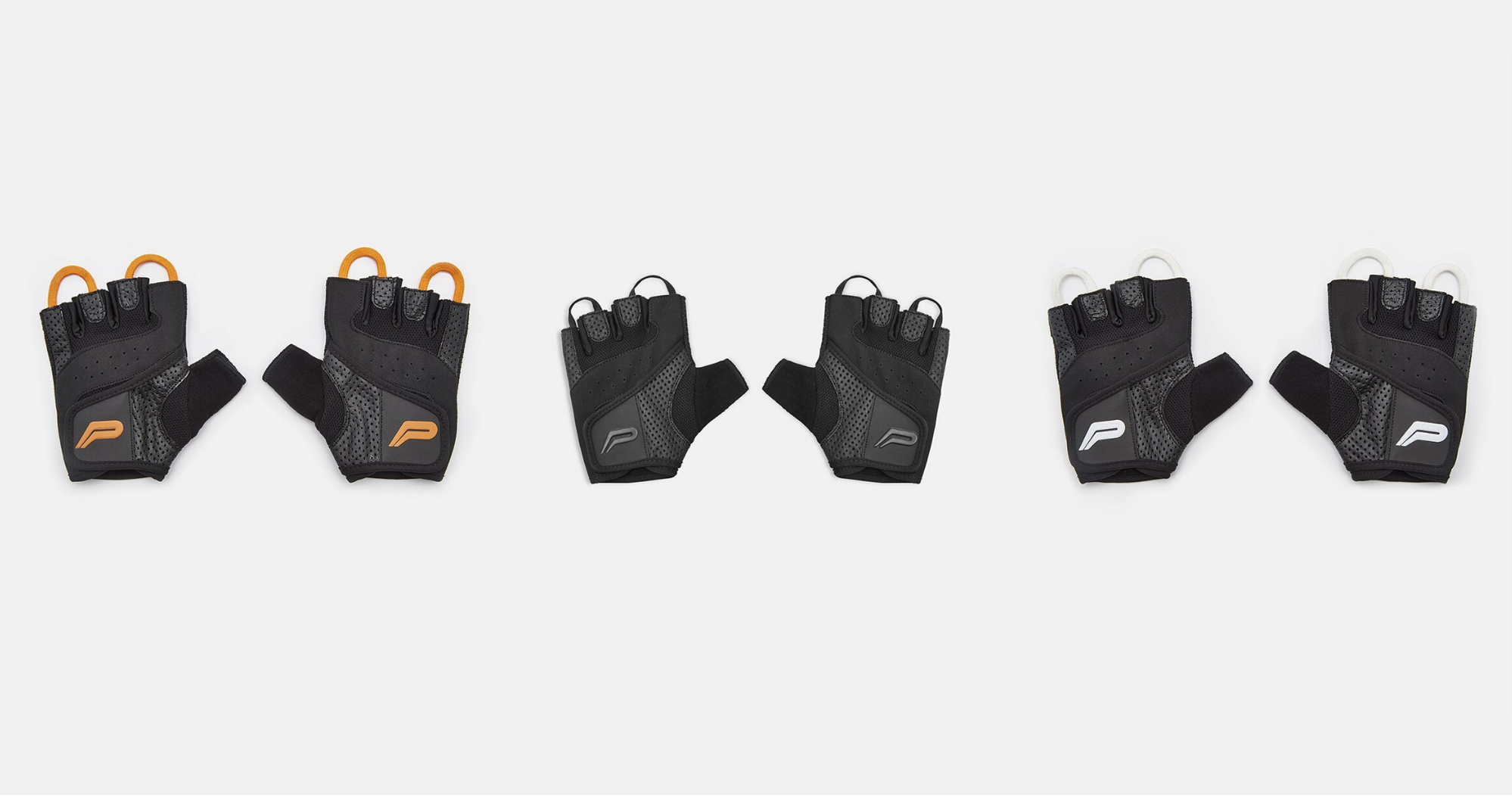
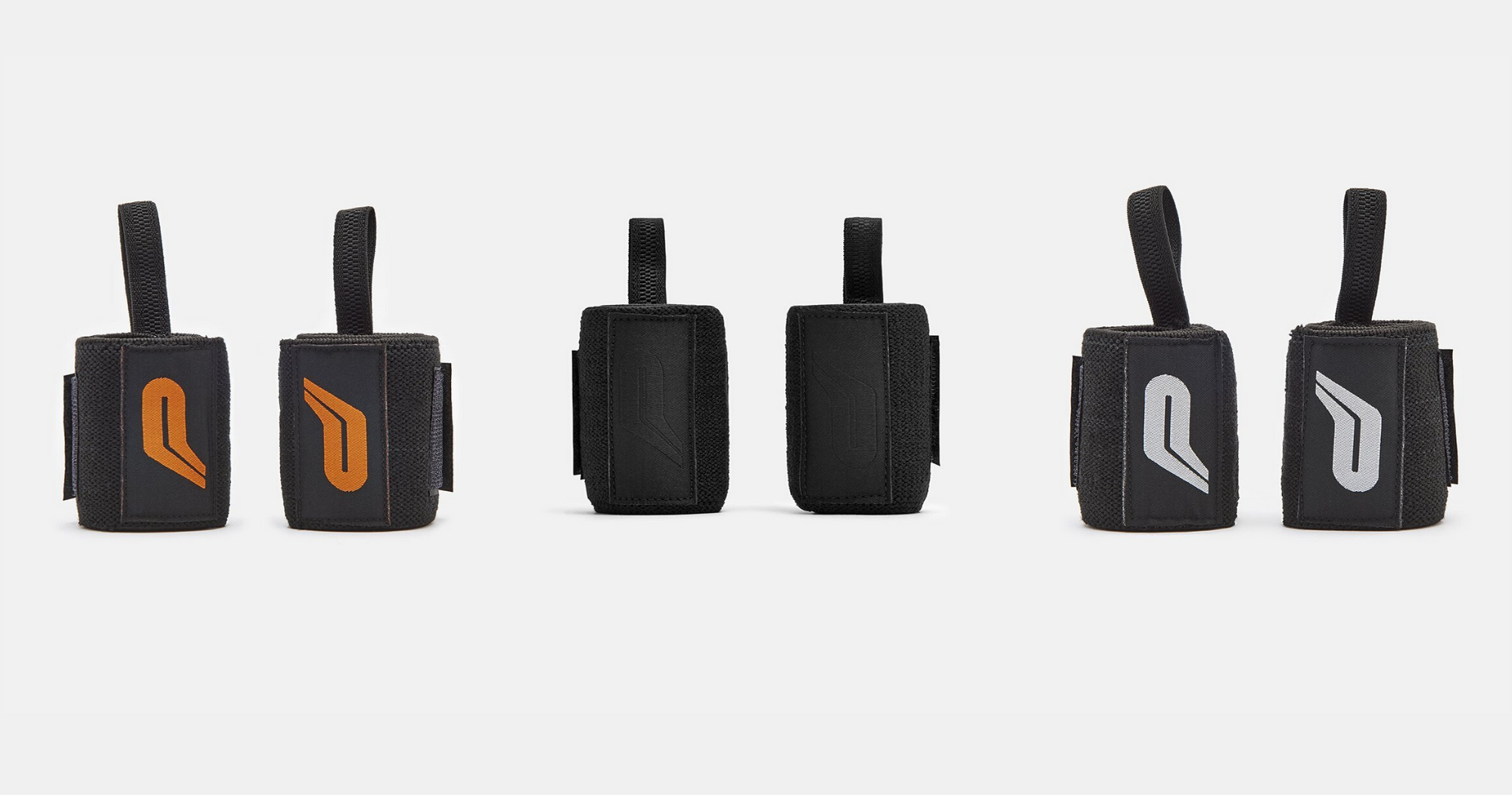
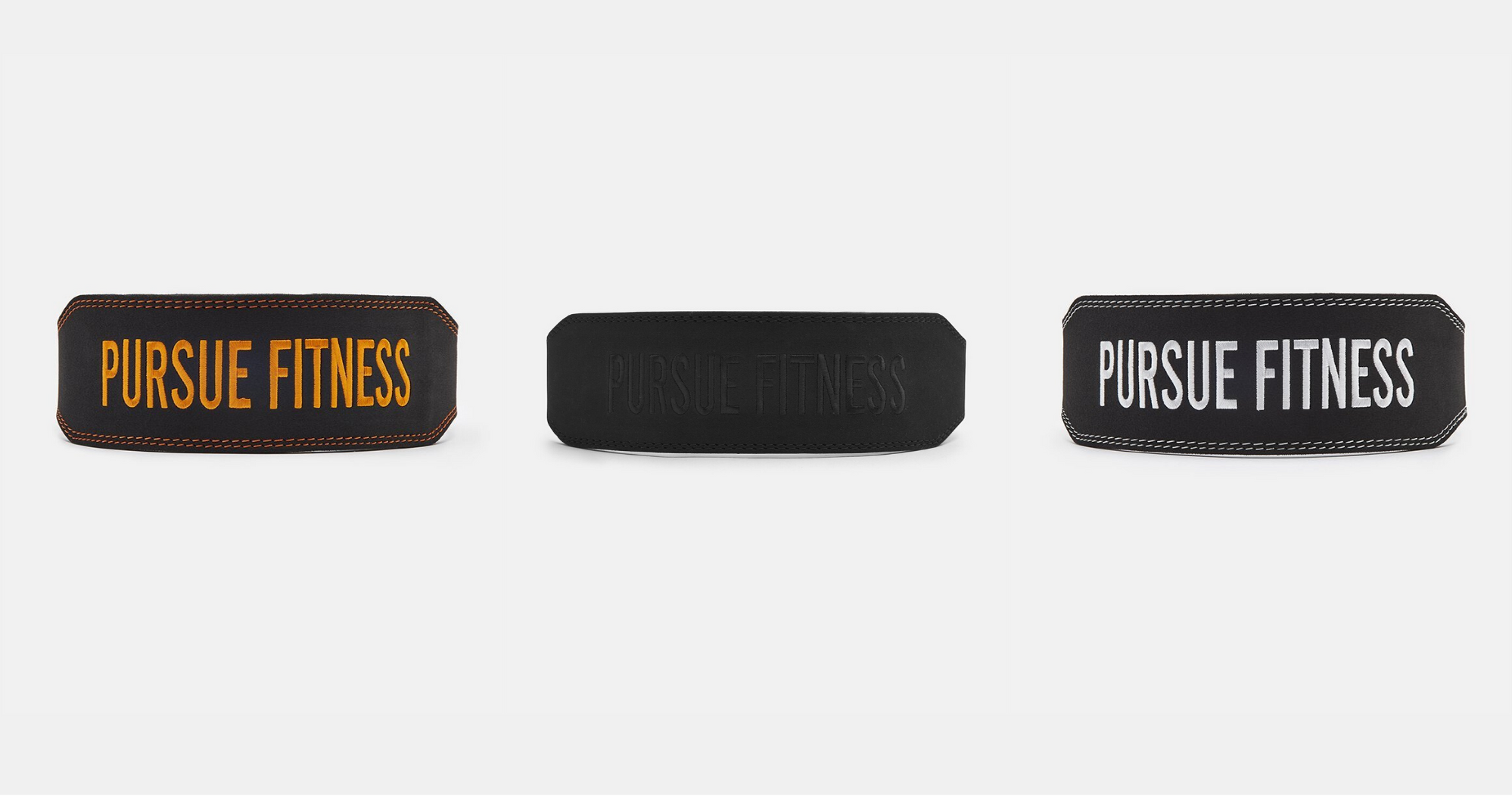
Nice!